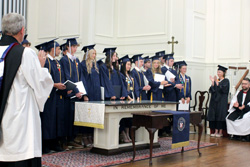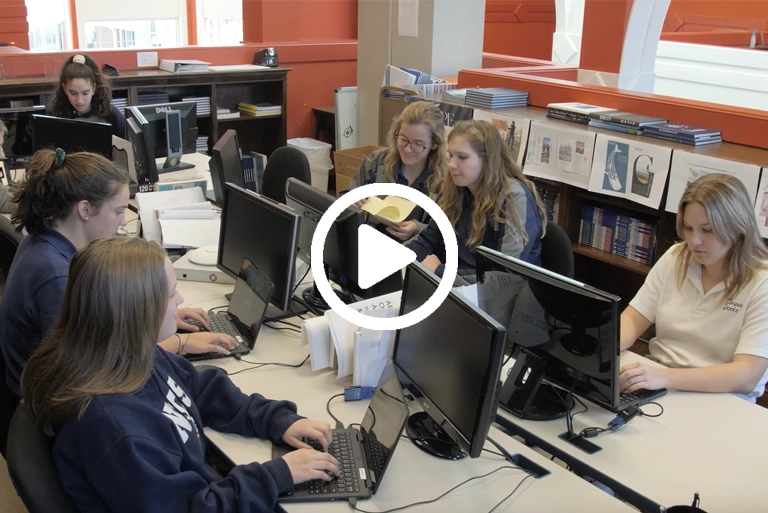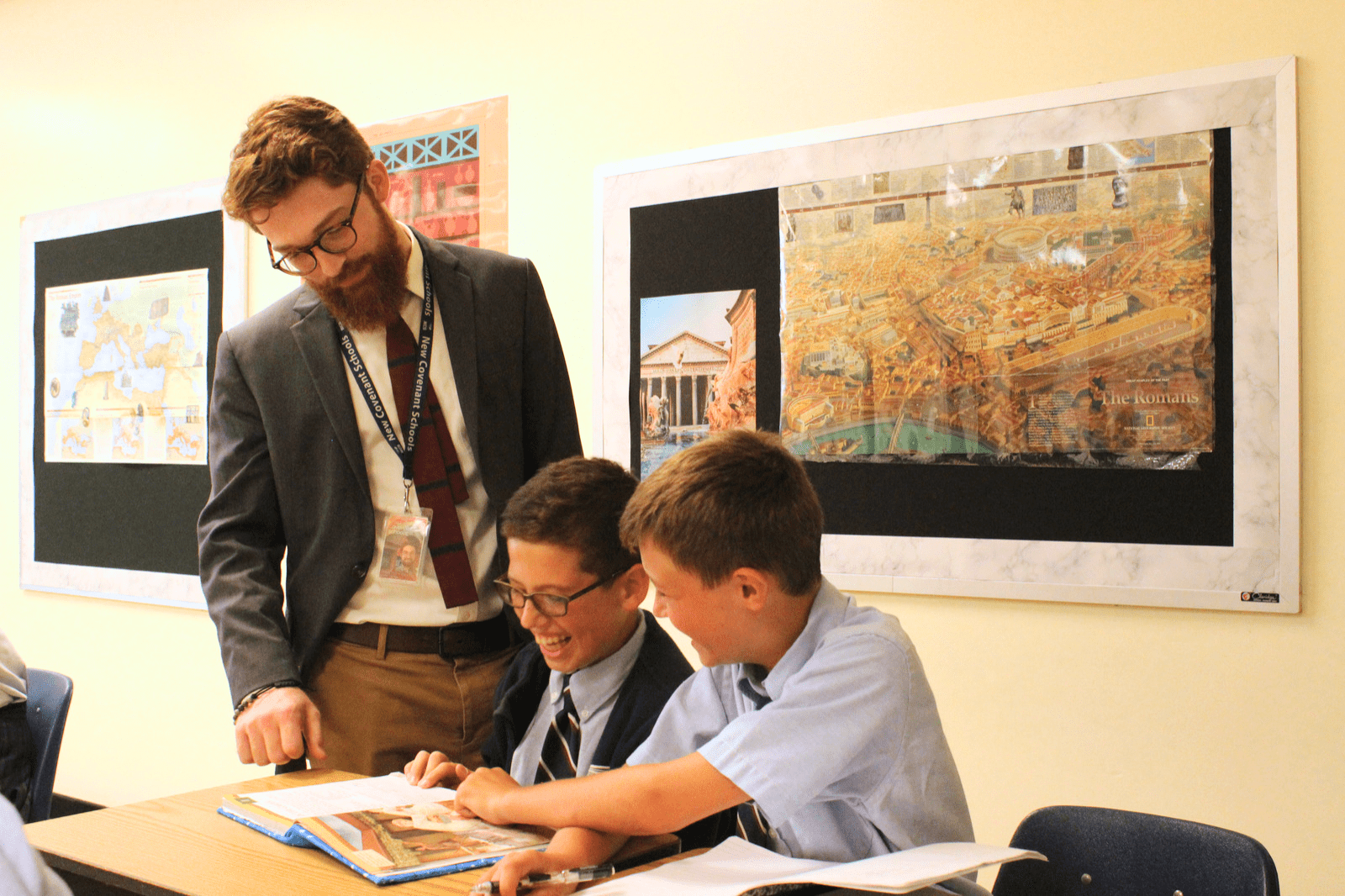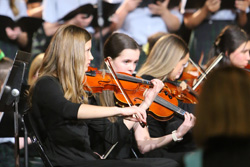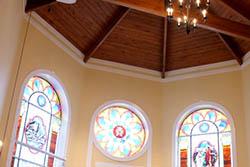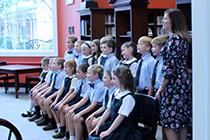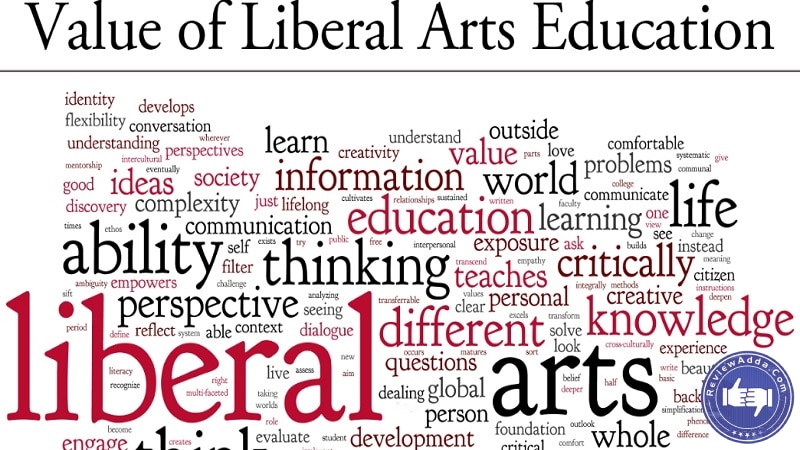I have often been asked, “How would you summarize the advantages of classical education compared to modern education models?” First, we should make sure we understand what we mean by “advantages.” If by this we imply better college prospects, long-term earning power, or other kinds of goods, we are limiting our thinking. A classical, Christian education distinguishes between education and training. The former considers things like knowledge, virtue, and maturity as valuable in themselves. The latter contemplates skills that help us acquire things that are useful, such as food, money, tools, etc. The vision of a classical, Christian education is that the end “product” is the student himself.
The first and highest goal is to in-form a human being, to bring him to maturity by introducing him to God in Christ, and to awaken in him a love of truth, goodness and beauty. A classical education begins this process with early exposure to language – notably Latin – the memorization of poetry and Scripture, together with a strong presence of math and music. As the curriculum deepens, the student learns to think formally with the discipline of logic, and is required to apply himself to the hard work of learning to write and express himself. All of this takes place before the ninth grade, and, believe me, it’s not easy for teachers or students. A student has to overcome his natural desire to avoid hard work and to apply himself diligently to things that might not come naturally.
By high school a student is ready to begin to tackle the greater questions of our human experience, most of which are addressed in the enduring literature of the Western heritage. This is why we read Homer, Moses, St. Paul, Augustine, Dante, and Lewis – they are sources for answers to these great questions. It might be argued that these pursuits are not essential, of course, for making a living. True enough, but this is precisely the point. Now, as in centuries past, a mastery of the liberal arts is widely recognized as the best preparation for work in professional schools, such as those of medicine, law, engineering, or theology, because it contributes to the development of the person who occupies any such vocation. This is why New Covenant Schools is a transformational experience – not a mere collection of options and programs which, while fun or enjoyable, rest below our higher aims. A parent might shop other schools to find “wider options,” but if these essentials of education are not present, a student is disadvantaged in the longer term.
All of this assumes what David Hicks calls a “normative” approach. Normative education refers to the enduring and prescriptive pattern of truth, which is discernible in the natural order, and which is explicitly revealed in the Holy Scriptures. It is concerned primarily with the question of what ought to be done. It can be contrasted with what we call “descriptive” information, which refers to an educational commitment to information as the result of pure analysis, delinked from value-laden questions. It is concerned primarily with the question of what can be done. When any subject is approached merely descriptively, the strong message sent to the student is that knowledge is value-free, neutral, and fragmented. In short, this is at the root of our differences with modern models of education. We believe that truth is constant and universal, what Francis Shaeffer called “true truth.” Reality is not something the student constructs for himself; rather, it is an objective “something” outside the student, which he must discover, receive, and negotiate himself against. Almost everything around us – mainstream educational institutions foremost – cultivates an attitude that there is no value in the wisdom of past generations, that culture is not something to be transmitted, but to be criticized or consumed. This difference is one of the primary advantages of a classical, Christian education. In our current secular context, a student is not told that knowledge is sourced in a coherent transcendent universal field, much less that it is unified because it comes from the unity of God’s mind. He is encouraged, rather, to view truth as a product of his own self-validation and to see the purpose of knowledge as gaining power over the things we encounter in the world. The advantage of a classical, Christian education, if we are successful in the project, is to transform our children by the renewing of their minds. A truly liberal education pursues this ideal relentlessly.


